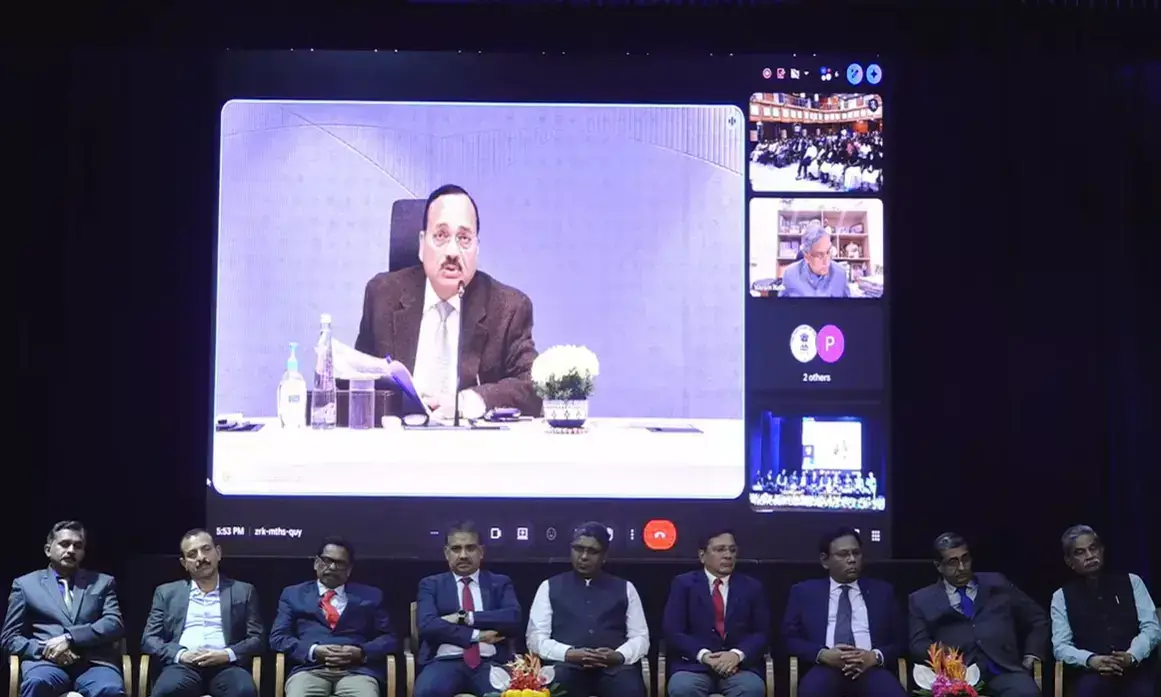Background of the Case
In a landmark judgment delivered on April 8, 2025, the Supreme Court of India addressed the issue of delays in the assent process for state bills reserved by Governors under Article 201 of the Constitution. The case, State of Tamil Nadu vs. Governor of Tamil Nadu, involved the Governor withholding assent to 10 bills passed by the Tamil Nadu Legislative Assembly .
⚖️ Supreme Court’s Ruling
The bench comprising Justices JB Pardiwala and R Mahadevan ruled that the President must decide on bills reserved by Governors within three months from the date of reference. The Court emphasized that indefinite delays are unconstitutional and violate the principle of non-arbitrariness .
🕊️ Implications for Federal Governance
This ruling redefines the relationship between the Centre and states, reinforcing the principles of cooperative federalism. By setting a clear timeline, the Court ensures that state legislation is not unduly delayed, thereby promoting efficient governance .
📚 Relevance for Government Exams
Understanding this judgment is crucial for students preparing for civil services and other government exams. It touches upon constitutional law, the separation of powers, and the functioning of federal institutions, all of which are integral topics in these examinations.

❗ Why This News is Important
🧭 Clarity in Constitutional Processes
The Supreme Court’s decision brings clarity to the process outlined in Article 201, where previously no specific timeline existed for the President’s decision on bills reserved by Governors. This lack of clarity often led to prolonged uncertainties and administrative delays.
🕰️ Promotion of Timely Legislative Action
By mandating a three-month deadline, the Court promotes timely legislative action, ensuring that bills passed by state assemblies are not held up indefinitely. This enhances the efficiency of the legislative process and upholds the democratic principle that elected representatives’ decisions should be respected and acted upon promptly.
⚖️ Strengthening of Judicial Oversight
The ruling underscores the role of the judiciary in overseeing the functioning of constitutional offices. It affirms that the President’s functions under Article 201 are amenable to judicial review, ensuring accountability and transparency in the legislative process.
🕰️ Historical Context
🏛️ Article 201 of the Constitution
Article 201 of the Indian Constitution deals with the President’s powers concerning state bills reserved by Governors. It stipulates that the President may either assent to the bill or withhold assent. However, the Constitution does not specify a time frame within which the President must act, leading to ambiguities and delays in the legislative process.
📜 Previous Instances of Delay
Prior to this ruling, there were several instances where Governors withheld assent to state bills for extended periods, leading to administrative bottlenecks and legal challenges. The most notable case involved the Tamil Nadu Governor withholding assent to 10 bills passed by the state assembly, some of which were pending since 2020 .
📌 Key Takeaways from “SC Sets 3-Month Deadline for Presidential Assent”
| S.No. | Key Takeaway |
|---|---|
| 1 | The Supreme Court has mandated that the President must decide on bills reserved by Governors within three months. |
| 2 | Indefinite delays in assenting to state bills are deemed unconstitutional. |
| 3 | The ruling emphasizes the importance of timely legislative action in a democratic setup. |
| 4 | The decision reinforces the role of judicial oversight in the functioning of constitutional offices. |
| 5 | This judgment has significant implications for the functioning of federal institutions in India. |
FAQs Related to the Supreme Court’s Ruling
1. What is the Supreme Court’s ruling on bills reserved by Governors?
The Supreme Court of India has ruled that the President must decide on state bills reserved by Governors within three months from the date of reference. This ruling ensures that such bills are not held up indefinitely.
2. What does Article 201 of the Indian Constitution deal with?
Article 201 of the Constitution deals with the President’s powers concerning state bills reserved by Governors. It allows the President to either assent to the bill, withhold assent, or return the bill to the legislature for reconsideration.
3. Why is this ruling significant for Indian federalism?
The ruling strengthens cooperative federalism by ensuring timely action on state legislation, preventing undue delays in the functioning of state governments, and reaffirming the constitutional balance between the Centre and the states.
4. How does this judgment affect state legislative processes?
This ruling promotes efficiency in the legislative process by ensuring that the bills passed by state assemblies are acted upon without unnecessary delays. It reaffirms the principle that elected representatives’ decisions should be respected and acted upon in a timely manner.
5. What was the role of the judiciary in this case?
The judiciary exercised its role in ensuring accountability and transparency by reviewing the President’s functions under Article 201. It emphasized that the President’s actions in this context are subject to judicial review.
Some Important Current Affairs Links
















